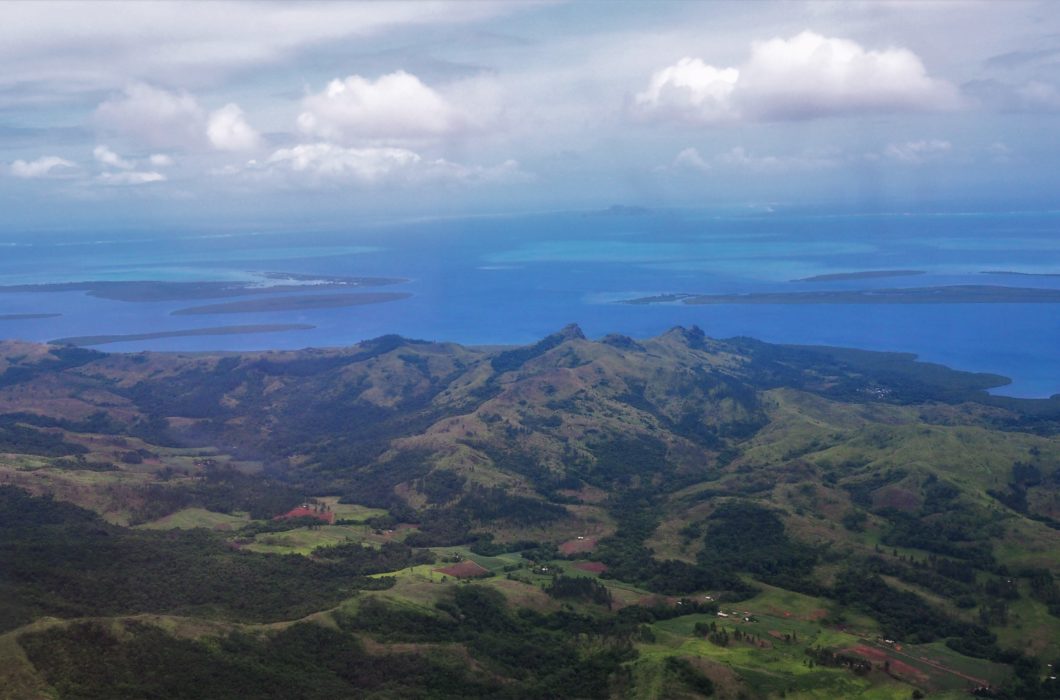client
The World Bank
project description
In the Pacific Islands access to electricity ranges 10% in PNG and 60% in Fiji. Power generation is heavily dependent on diesel, particularly in rural areas. The average cost of energy in 2002 was between 4 and 8% of GDP per capita. In 2005, those estimated costs skyrocketed between 12 and 25% due to the high cost of oil and its transportation.
In this context, particularly in rural areas, renewable energy options (and energy efficiency interventions) offer cheaper options and increase access to modern energy services for households and for micro and small enterprises. Switching from traditional fuel options (kerosene and dry cell batteries) to renewable energy options (solar PV, pico-hydro and coconut oil) presents three important barriers. The first one is the relatively high initial investment. Secondly, financial institutions in the region have mixed experiences lending to this target group and no experience in providing loans in energy service projects. Then, the relatively simple technical knowledge required to operate and maintain renewable energy solutions is not readily available.
highlights
Econoler was therefore mandated by the World Bank to accomplish the following tasks:
- PNG
- develop a plan and a budget to introduce energy efficiency measures in a Government buildings
- define options to use renewable energy sources.
Econoler was asked to review the possibilities of including an energy efficiency component in the refurbishing of the Government’s central building of Papua New Guinea, possibly forming a model for use of energy savings and optimal use of renewable energy in a city setting.
The objective was to lower the building’s GHG emissions as much as possible within the available construction and at reasonable cost. The plan had to take into account the possibility of replicating the energy efficiency measures in Government buildings in the provinces.
- Fiji
- examine the possibilities of assisting the Fiji Electricity Authority and the Department of Energy through the redefinition of their energy efficiency programs, which have stagnated for some time.
Econoler had to review the available documentation regarding the energy efficiency programs of those two entities and identify the current bottlenecks in order to progress with the programs, and recommend a proposed plan for both organizations to be partially financed within the WB project



